|
Firstly, a massive thank you to our Patreon supporters. Your generosity touches me deeply. These supporters have become the single biggest contributing factor to the survival of DVDBeaver. Your assistance has become essential.
What do Patrons receive, that you don't?
1)
Our
weekly
Newsletter
sent to your Inbox every
Monday morning!
Please consider keeping us in existence with a couple of dollars or more each month (your pocket change!) so we can continue to do our best in giving you timely, thorough reviews, calendar updates and detailed comparisons. Thank you very much. |
![]()
![]()

![]()
![]()
|
Search DVDBeaver |
S E A R C H D V D B e a v e r |
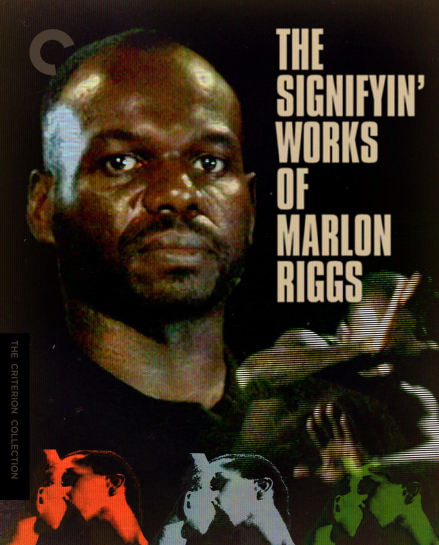 |
The Signifyin' Works of Marlon Riggs
[2 Blu-rays]
Ethnic
Notions (1981) Tongues Untied (1986)
Affirmations (1989)
Anthem ( 1991) Color Adjustment (1991)
No Regret (1992) Black Is... Black Ain't (1993)
| There has never been a filmmaker like Marlon Riggs: an unapologetic gay Black man who defied a culture of silence and shame to speak his truth with resounding joy and conviction. An early adopter of video technology, Riggs employed a bold mix of documentary, performance, poetry, and music in order to confront the devastating legacy of racist stereotypes, the impact of AIDS on his community, and the very definition of what it means to be Black. Bringing together Riggs’s complete films—including his controversy-inciting queer landmark Tongues Untied and Black Is . . . Black Ain’t, the deeply personal swan song that was completed after his death at the age of thirty-seven—The Signifyin’ Works of Marlon Riggs traces the artistic and political evolution of a transformative filmmaker whose work is both an electrifying call for liberation and an invaluable historical document. |
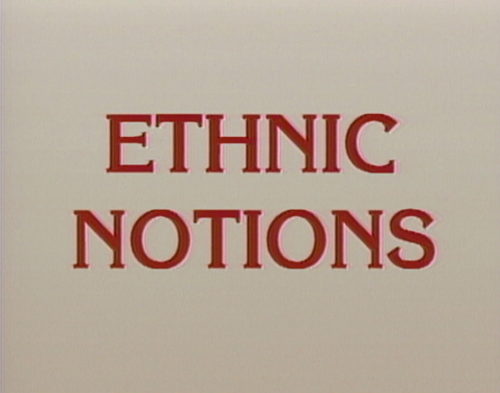 |
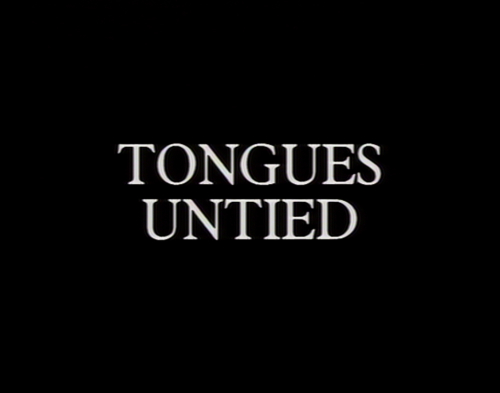 |
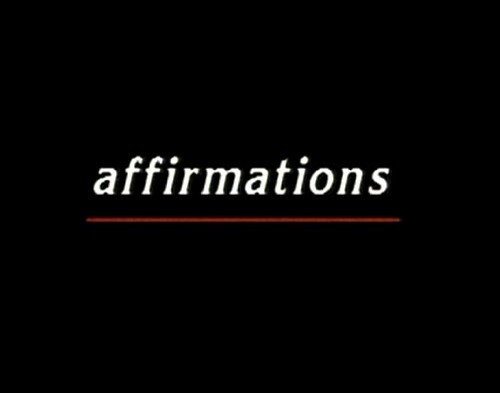 |
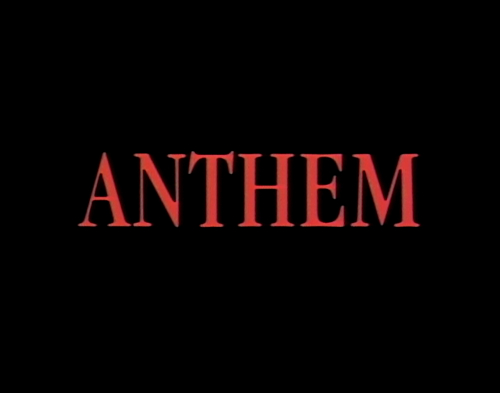 |
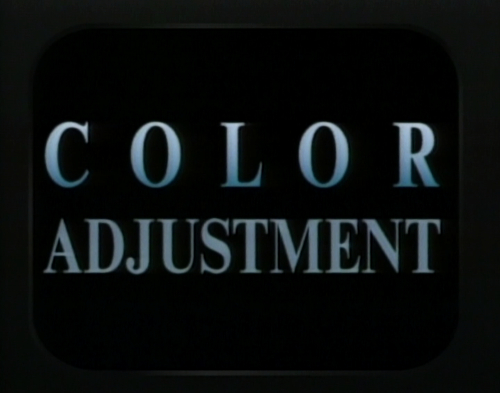 |
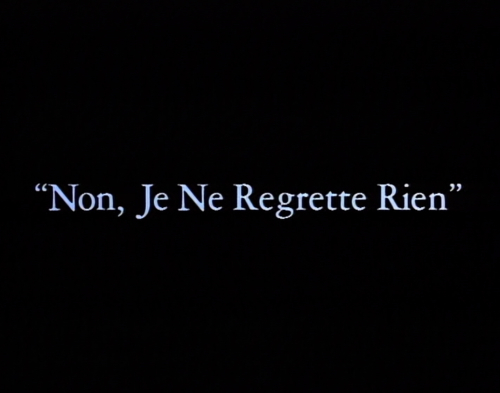 |
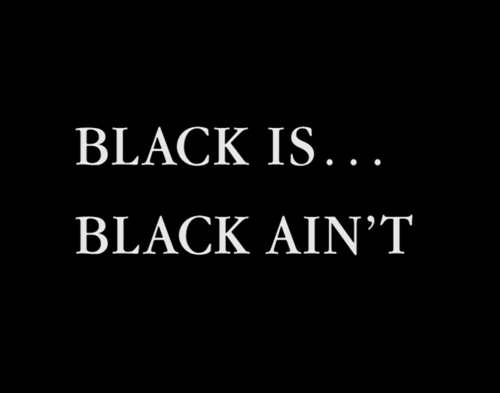 |
|
Ethnic Notions 1986 |
Posters
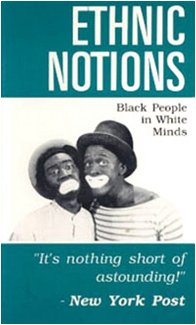 |
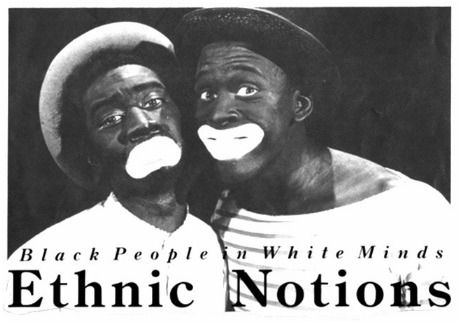 |
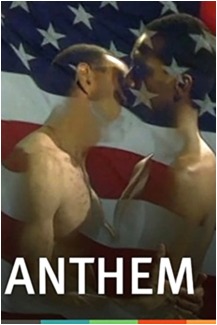 |
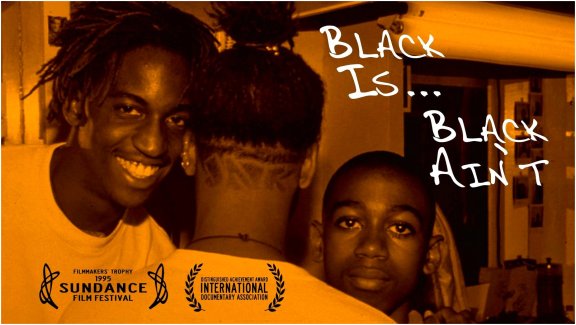 |
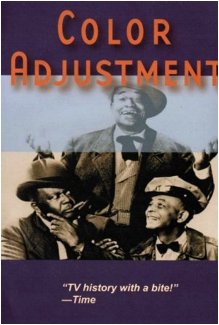 |
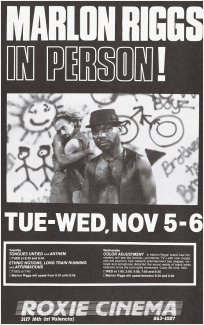 |
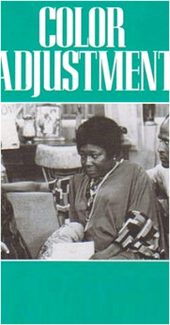 |
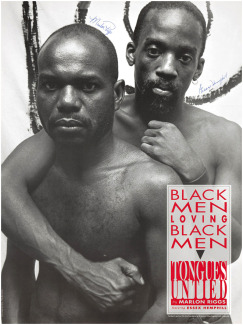 |
Releases: 1986 - June 1994 (New York Lesbian and Gay Film Festival)
Reviews More Reviews DVD Reviews
Review: Criterion - Region 'A' - Blu-ray
| Box Cover |
|
CLICK to order from: |
| Distribution | Criterion Spine #1082 - Region 'A' - Blu-ray | |
| Runtime |
Ethnic Notions (1981): 0:58:05.582 Tongues Untied (1986): 0:54:55.292 Affirmations (1989): 0:10:38.638 Anthem ( 1991): 0:08:35.548 Color Adjustment (1991): 1:20:15.343 No Regret (1992): 0:38:13.457 Black Is... Black Ain't (1993): 1:27:47.862 |
|
| Video |
1. 33:1 1080i Dual-layered Blu-rayDisc Size: 47,288,280,832 bytesEthnic Notions (1981): 16,187,670,528 bytes Tongues Untied (1986): 15,447,767,040 bytes Affirmations (1989): 3,137,255,424 bytes Anthem ( 1991): 2,469,525,504 bytes Video Bitrate: 33.09 Mbps - 35.14 MbpsCodec: MPEG-4 AVC Video |
1. 33:1 1080i Dual-layered Blu-rayDisc Size: 48,445,224,794 bytesColor Adjustment (1991): 15,523,608,576 bytes No Regret (1992) : 8,226,478,080 bytesBlack Is... Black Ain't (1993): 17,988,599,808 bytes Video Bitrate: 22.20 Mbps - 25.00 MbpsCodec: MPEG-4 AVC Video |
| Audio |
LPCM Audio English 2304 kbps 2.0 / 48 kHz / 2304 kbps / 24-bit or LPCM Audio English 1152 kbps 1.0 / 48 kHz / 1152 kbps / 24-bit |
|
| Subtitles | English (SDH), None | |
| Features |
Release Information: Studio: Criterion
Edition Details: Disc One: •Introduction (23:02) •Long Train Running: The Story of the Oakland Blues (28:38) •In the Life: Marlon Riggs (11:15) •A Kindred Spirit (21:20) •Editing with Marlon (16:13) •The Everlasting Influence of Marlon Riggs (20:31) Disc Two: •Ethnic Notions and Color Adjustment: A Twenty-First-Century Conversation (21:06) •I Shall Not Be Removed: The Life of Marlon Riggs (58:37)
Transparent Blu-ray Case Chapters 15 / 14 / 1 / 1 / 17 / 1 / 17 |
|
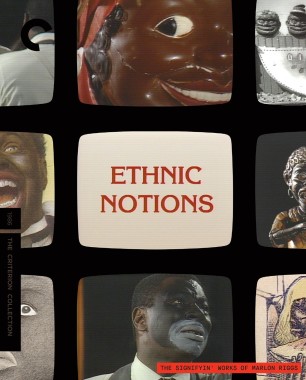 |
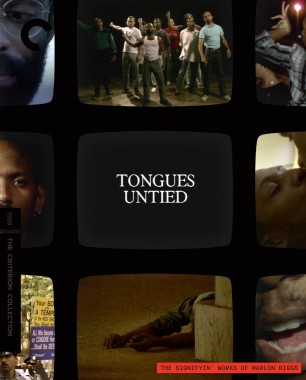 |
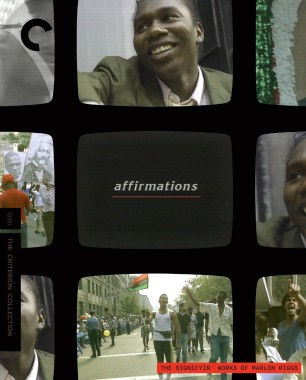 |
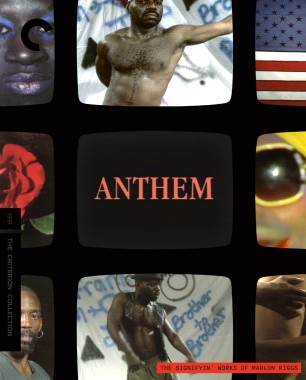 |
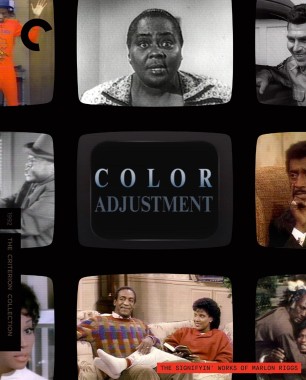 |
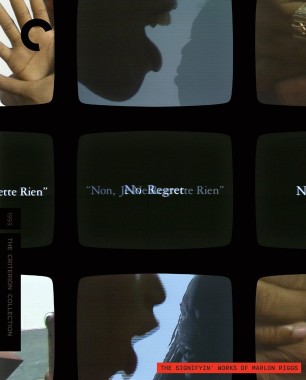 |
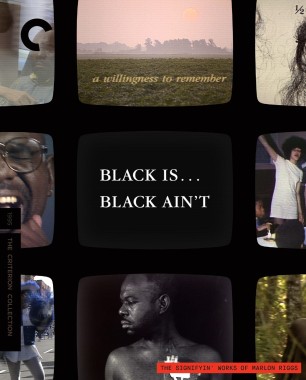 |
| Comments: |
NOTE:
The below
Blu-ray
captures were taken directly from the
Blu-ray
disc.
|
Menus / Extras
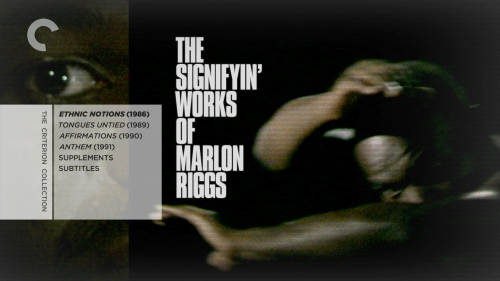 |
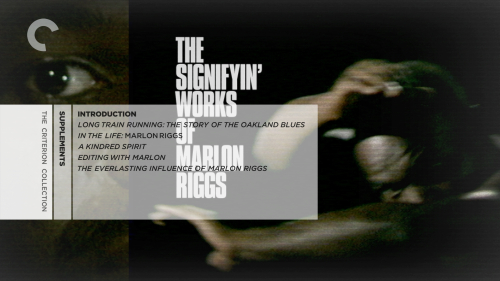 |
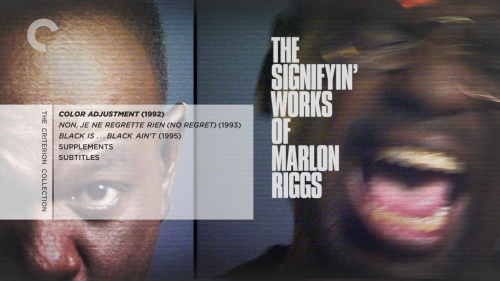 |
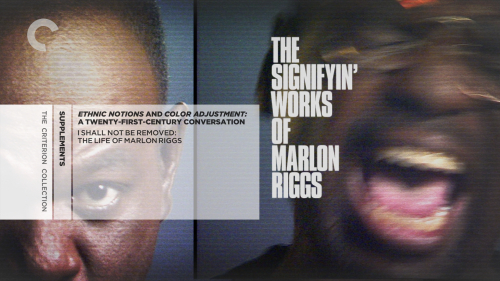 |
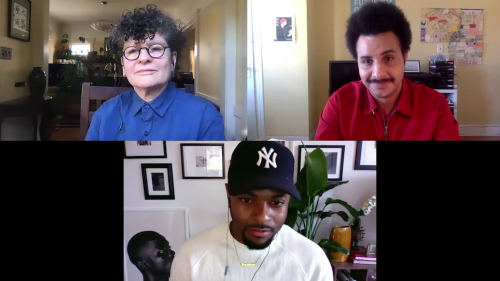 |
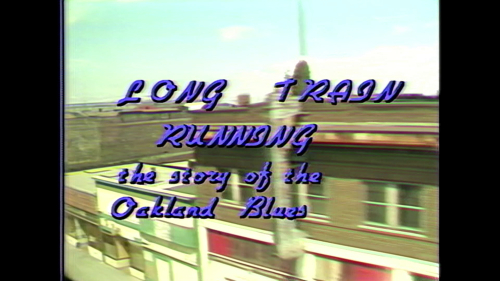 |
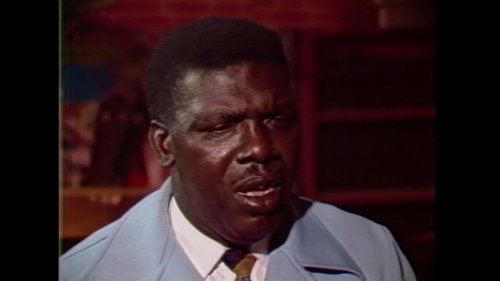 |
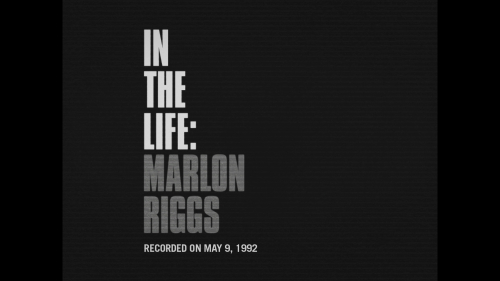 |
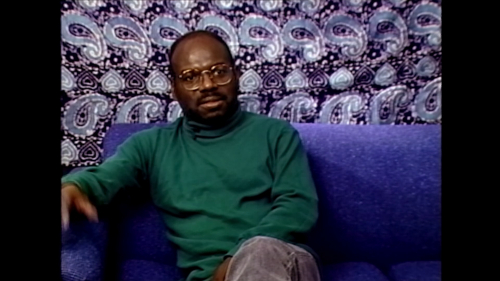 |
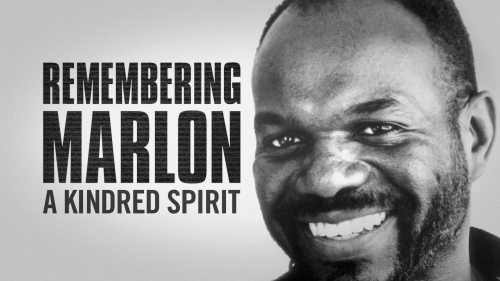 |
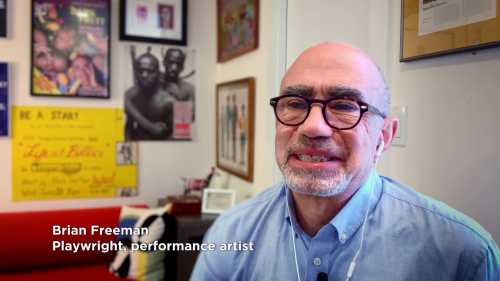 |
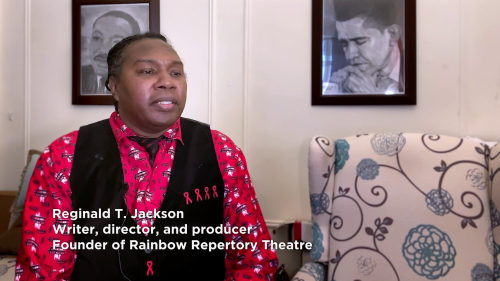 |
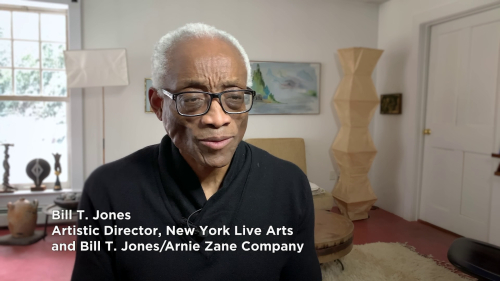 |
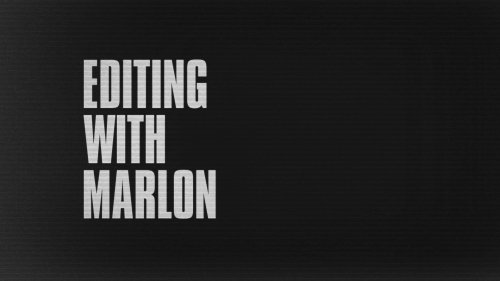 |
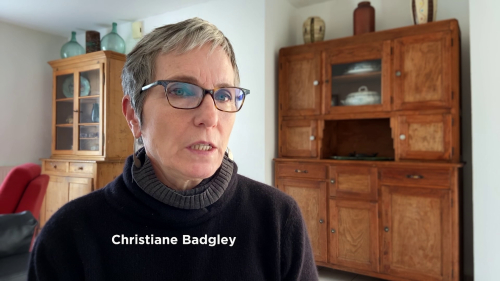 |
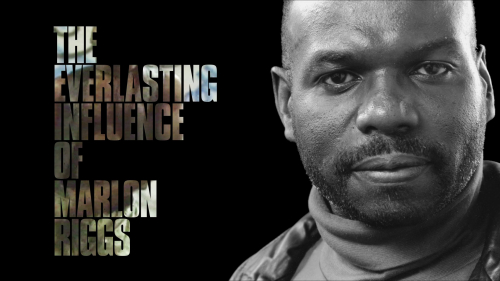 |
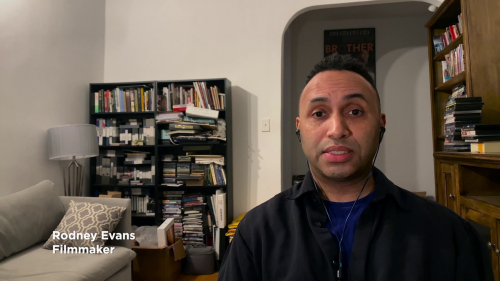 |
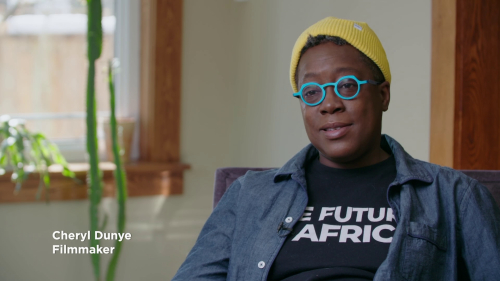 |
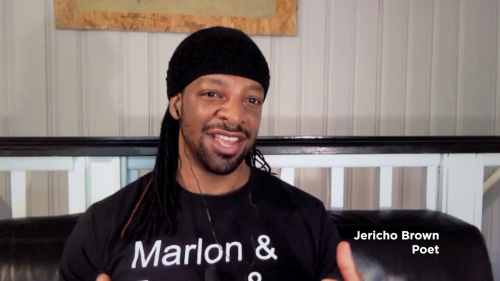 |
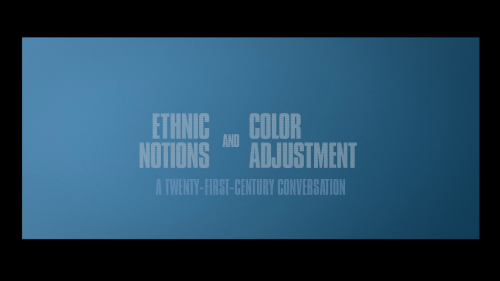 |
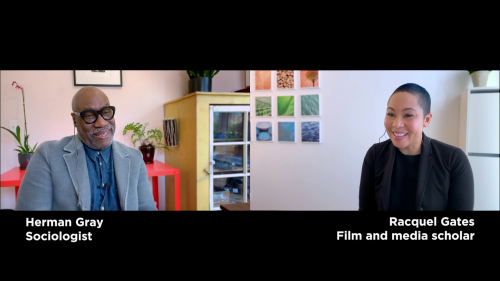 |
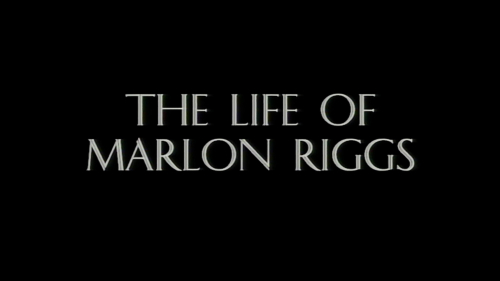 |
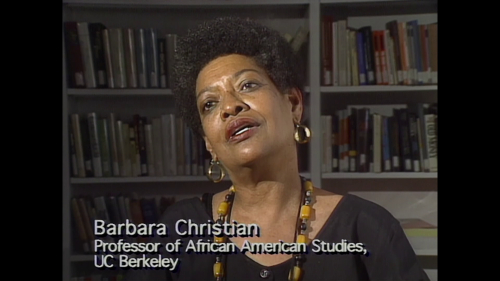 |
CLICK EACH BLU-RAY CAPTURE TO SEE ALL IMAGES IN FULL 1920X1080 RESOLUTION










































